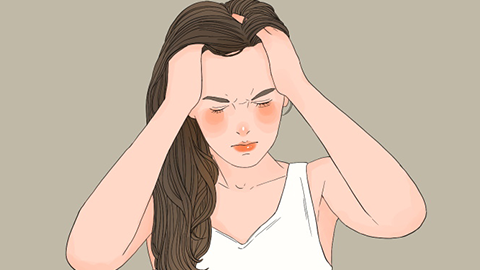What causes bipolar disorder patients to be unable to love?
Individuals with bipolar disorder may struggle to love others, primarily due to factors such as severe mood fluctuations, impaired cognitive function, distorted self-perception, trauma related to intimate relationships, and neurotransmitter imbalances. These elements collectively affect the ability to perceive and express emotions. If symptoms persistently interfere with social functioning and daily life, timely medical intervention is recommended.
1. Severe Mood Fluctuations: Patients alternate between manic and depressive episodes. During mania, they may act impulsively and overlook others' feelings; during depression, they tend to withdraw emotionally. This instability makes it difficult to sustain consistent emotional expression and form lasting bonds of care.
2. Cognitive Impairment: The illness can impair attention and empathy, making it hard for patients to accurately recognize others' emotional needs or respond appropriately with affection, leading to disruptions in emotional interaction.

3. Distorted Self-Perception: Patients often experience low self-esteem and self-blame due to their condition, believing they are a burden to others or unworthy of love. As a result, they may actively avoid emotional involvement and reject the formation of close relationships.
4. Intimate Relationship Trauma: Past experiences of relationship breakdowns or misunderstandings caused by the illness can lead to fear of intimacy. Patients may dread being hurt again, thus suppressing emotional expression.
5. Neurotransmitter Imbalance: Dysregulation of neurotransmitters such as serotonin and dopamine affects emotional regulation and the brain's reward system, reducing motivation and pleasure associated with loving others, and causing emotional blunting.
Offer patients ample patience and understanding without pressuring them to express emotions. Encourage participation in supportive groups to gradually rebuild confidence in social interactions. Support them in adhering to regular treatment to stabilize their condition, and gently guide emotional communication during daily interactions.




